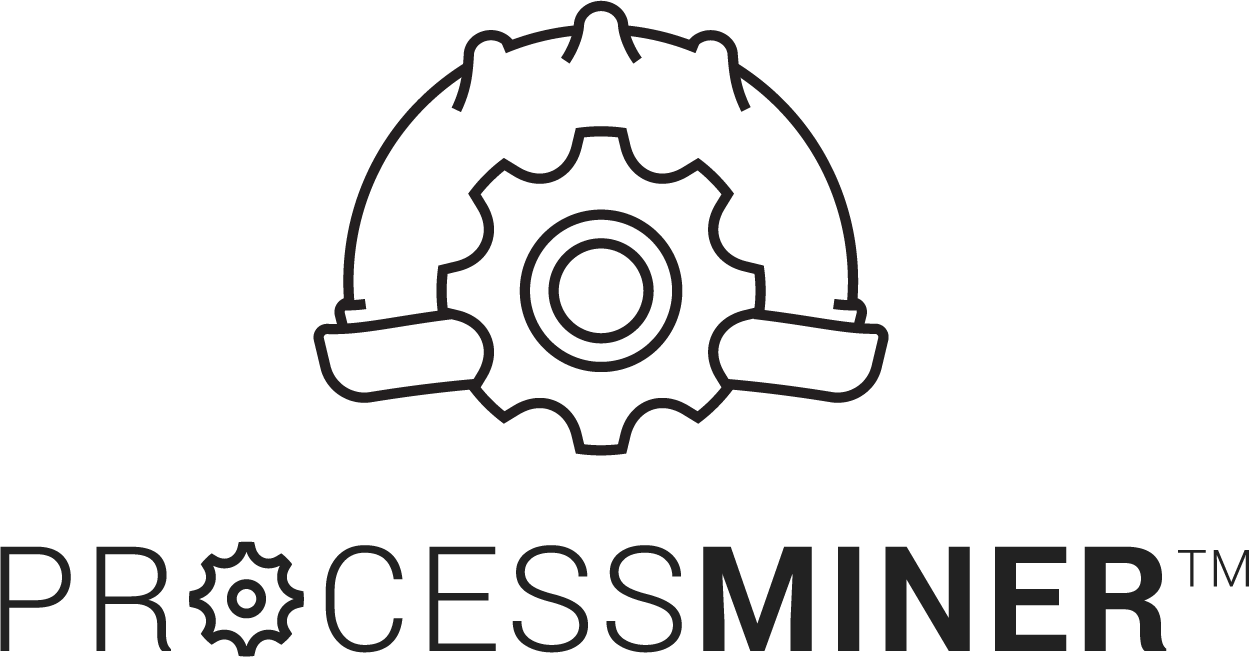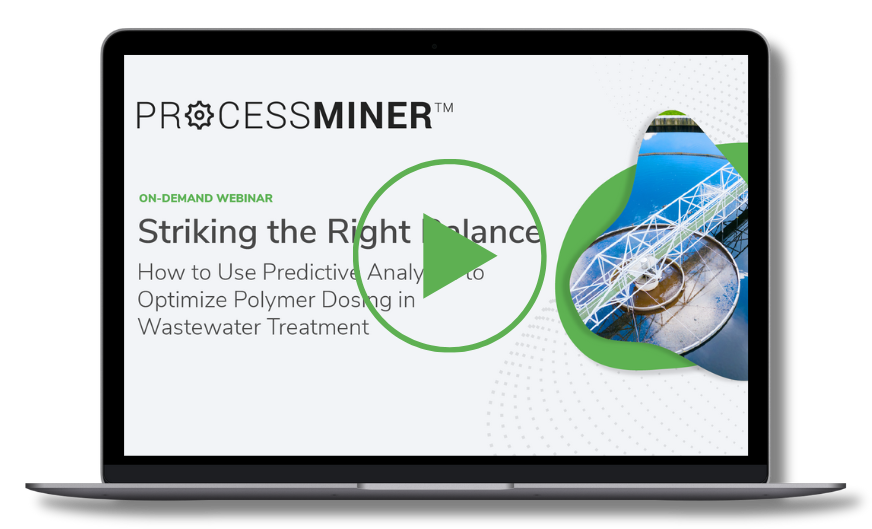Modern Wastewater Treatment Solutions
Use fewer polymers and reduce energy consumption to consistently produce with ProcessMiner’s advanced water treatment solutions. Our platform optimizes the sludge dewatering process, increasing plant performance and efficiency while reducing costs.
Addressing Top Challenges With Artificial Intelligence
Rapid population growth and tighter regulations call for advanced wastewater treatment strategies that extend existing budgets and improve productivity. Our wastewater treatment solutions use AI and intelligent sensors and meters to continuously monitor and autonomously optimize polymer dosage, producing a consistently dry sludge cake. It proactively addresses top challenges, such as:
Rising Operational Costs
Inefficient wastewater treatment increases energy consumption, carbon footprint, disposal, and operational costs. Our platform improves treatment by optimizing key control elements of the sludge dewatering process, reducing the costs of chemistry, energy, sludge transportation, and incineration.
Dosing/Quality Variations
Pollutants like PFAS and microplastics require an improved water treatment strategy. ProcessMiner is a modern approach to treating wastewater. It continuously assesses water quality and adjusting polymer dosage in real time.
Supply Chain Disruptions
Unpredictable polymer availability can disrupt wastewater operations. Our platform optimizes polymer use, reducing supply chain disruptions to maintain uninterrupted, cost-efficient wastewater treatment processes despite market changes. It also supports A/B polymer control testing for evaluating chemical supplier options.
24/7 Operational Demands
Continuous operation poses a significant challenge. ProcessMiner’s treatment technology automates the sludge dewatering process, freeing plant staff to focus on other critical day-to-day activities.
Growing Regulations & Sustainability
Keeping up with regulations can be challenging, exposing wastewater operations to risks of non-compliance. Our platform helps reduce waste, PFAS, and microplastics, and keeps filtrate quality steady to comply with changing regulations.
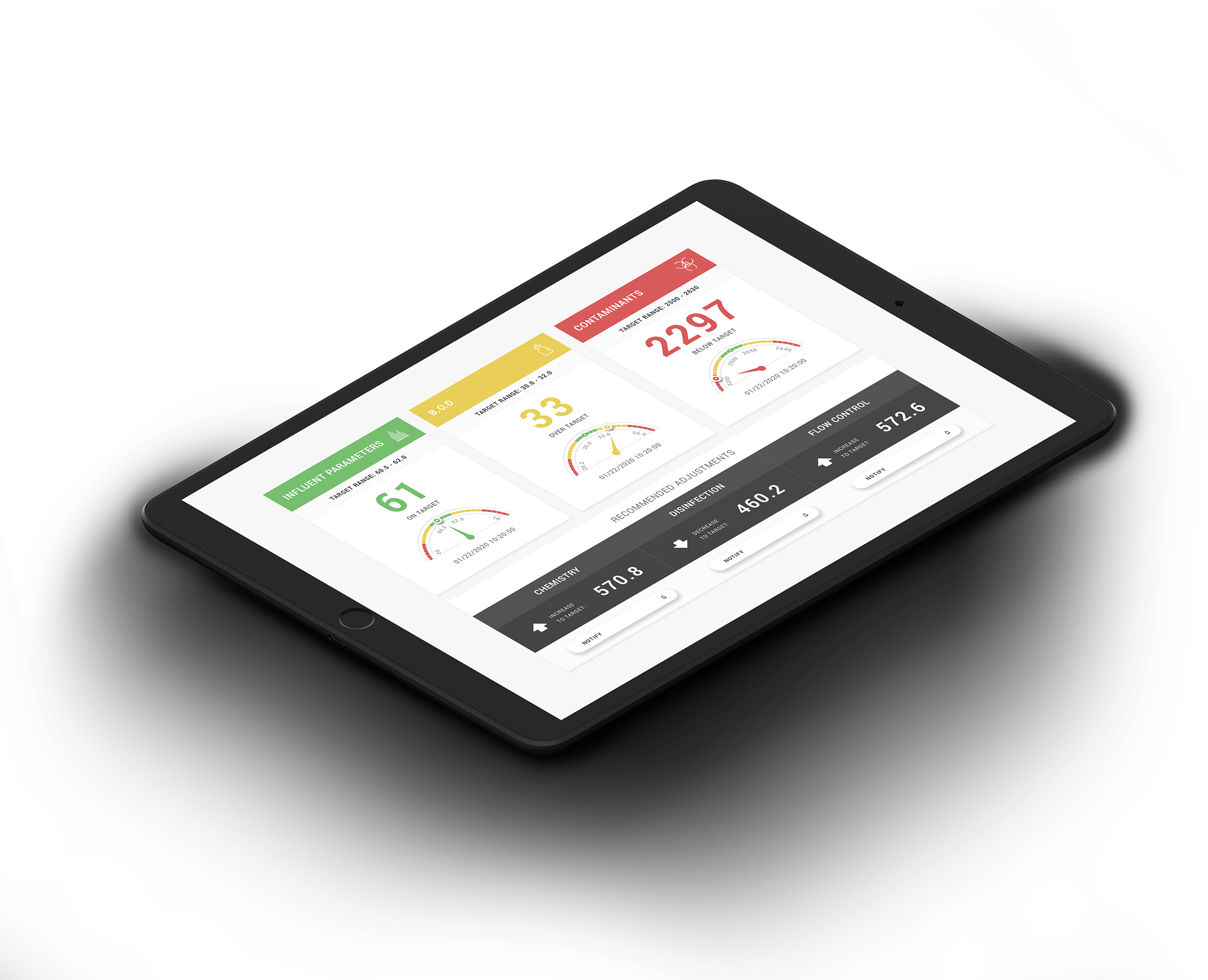
Digital Transformation in Wastewater Treatment
Using emerging technologies for wastewater treatment for industrial processes and municipal wastewater systems requires a 360° view of data. Our platform enables this, delivering process improvement, automated corrective action, and timely adjustment to key operational control elements to help you by:
- Predicting out-of-spec outcomes
- Recommending corrective actions
- Executing corrective actions in real
- Supporting A/B polymer control testing
AI in Action – How It Works
ProcessMiner’s advanced water treatment software solution optimizes polymer dosing through a five-step process.
Step 1: Data Integration
Our platform ingests historical and real-time process data from sensors, historian, and quality systems, setting the stage for comprehensive process analysis.
Step 2: Predictive Analytics
Using machine learning, ProcessMiner forecasts process results and identifies opportunities for improvement.
Step 3: Operational Suggestions
The platform provides data-driven insights and guidance to refine operations and preempt issues.
Step 4: Autonomous Adjustments
ProcessMiner’s closed-loop system activates automatic, real-time corrective action to reduce the need for manual oversight.
Step 5: Continuous Optimization
The platform’s adaptive and self-learning technology continuously improves results without retraining models or needing data scientists on staff.
The Value of Continuous Improvement
As processes become more refined with each cycle, you gain a range of benefits that go beyond the bottom line.
Cost Savings
Each 1% reduction in sludge cake moisture can save up to $100,000 annually.
Increased Resiliency
Optimizing polymer can reduce supply chain dependence, reducing supply chain disruptions.
Greater Productivity
Automated polymer dosing and predictive insights can boost labor efficiency and equipment uptime.
Improved Sustainability
Consistent filtrate quality and reducing environmental pollutants help ensure regulatory compliance.
The ProcessMiner Difference
Most wastewater treatment solutions promise improvement. But the key lies in the ease of use and time to value.
Here’s what sets ProcessMiner apart.
Turnkey Solution
-
Simplified installation
- Seamless compatibility with existing systems
- Zero capital expenditure needed
Applied AI and Machine Learning
-
Evolving, intelligent data models
- Ongoing self-enhancement
- Configurable to meet unique process demands
Real-Time, Continuous Automation
-
Consistent, repeatable, and measurable results
- 24×7 manual or autonomous operation
- Real-time adjustments to optimize efficiency
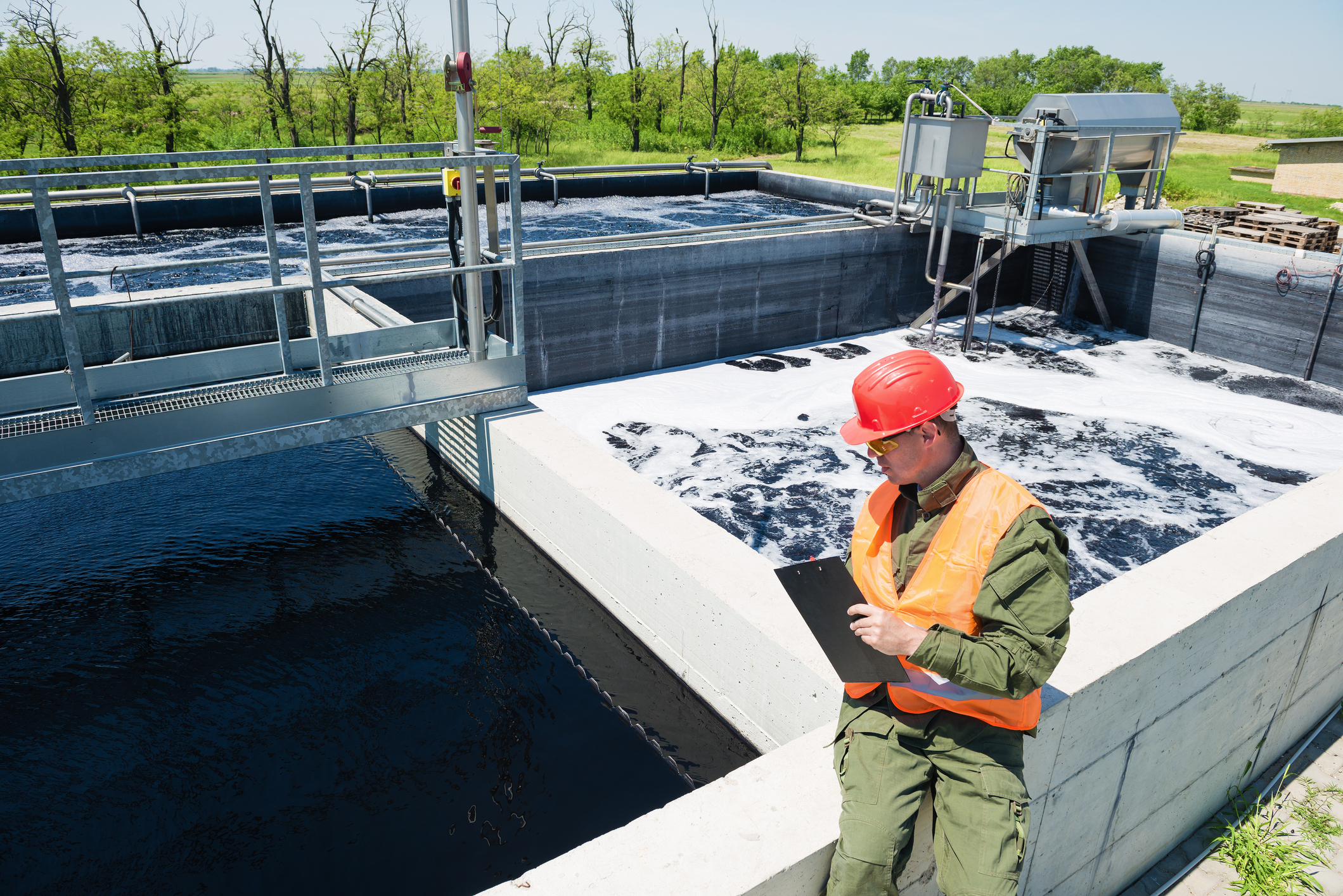
Use Case
Adopting emerging technologies like AI and machine learning is a growing necessity for wastewater treatment plants.
Here’s how you can benefit from our platform.
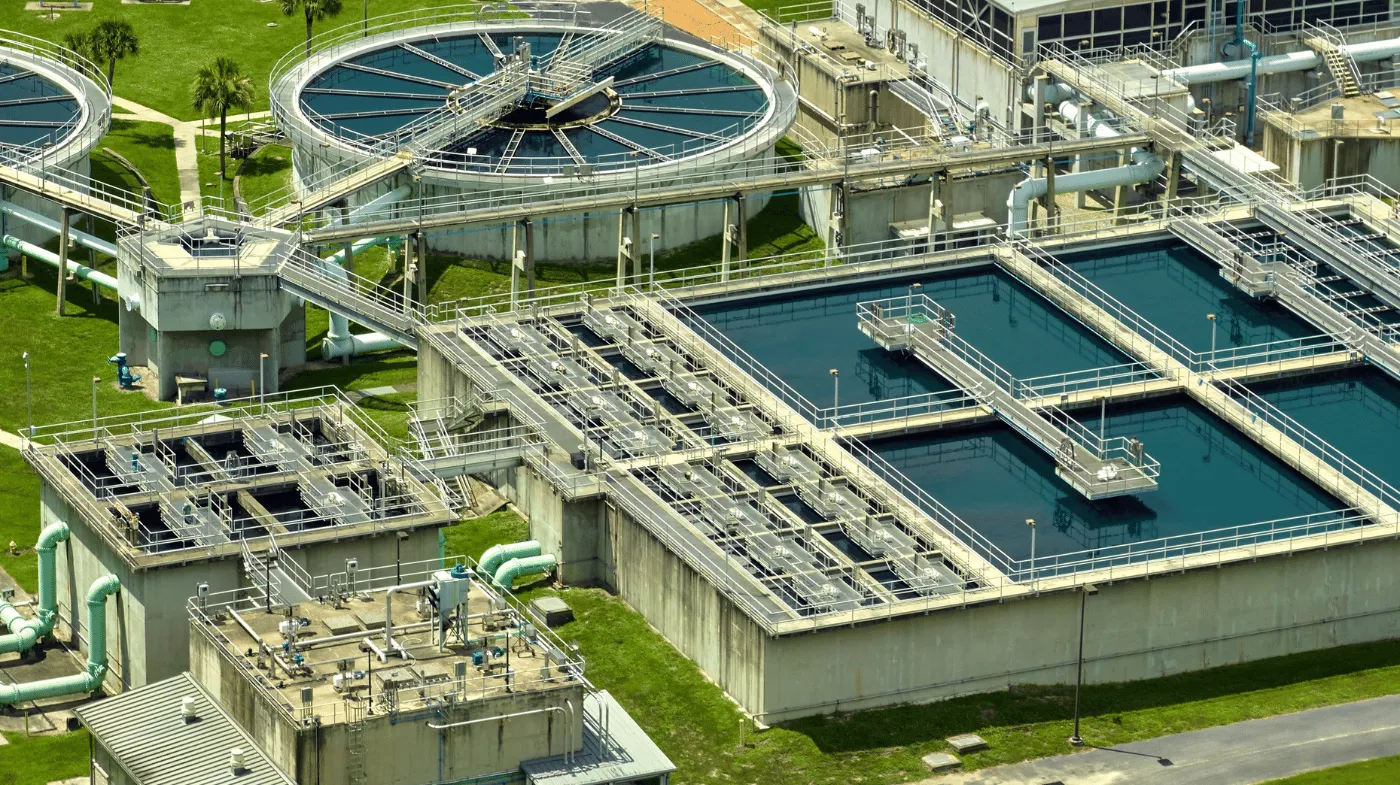
Optimize Wastewater Treatment
Municipal wastewater treatment facilities can use AI to decrease the use of polymers during the sludge dewatering process. This lowers the cost of operations as the platform analyzes historical and real-time data from in-line sensors to predict outcomes and deliver the optimal polymer dosage.
Featured Content
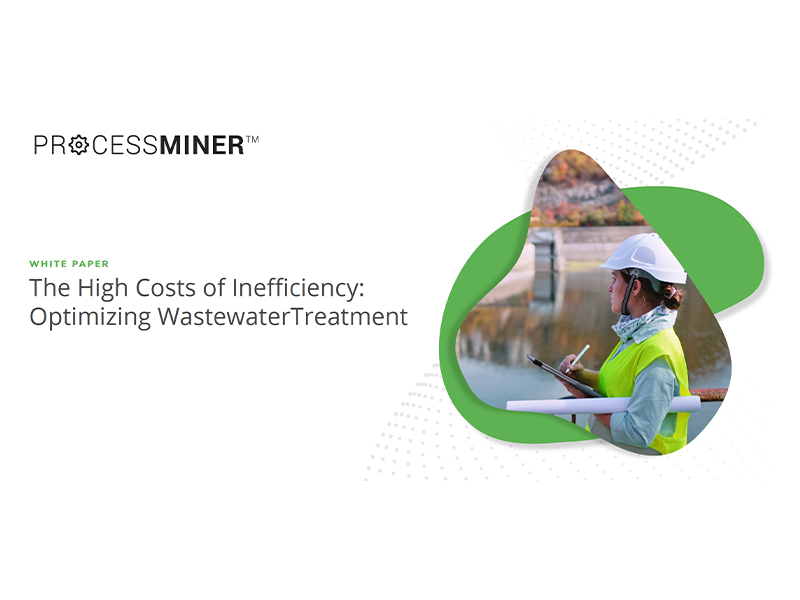
White Paper: The High Costs of Inefficiency: Optimizing Wastewater Treatment
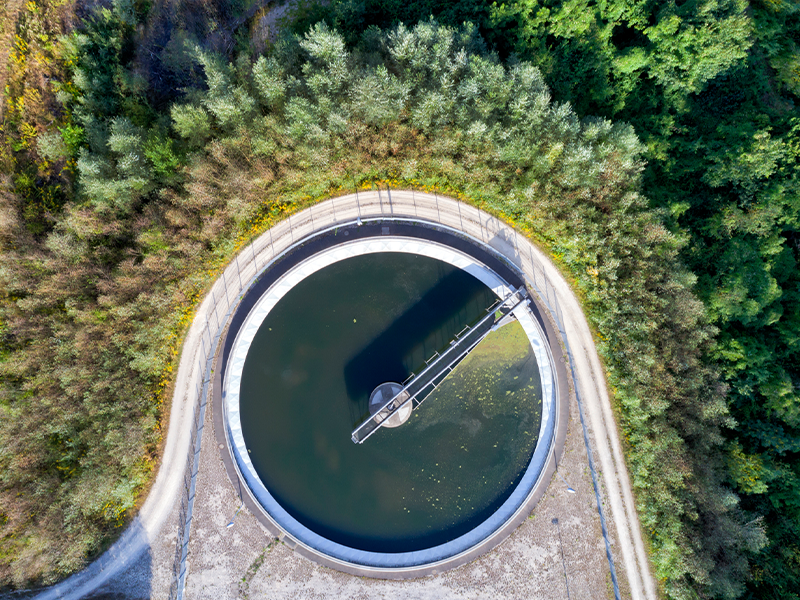
Why Addressing Environmental Challenges Requires Advanced Wastewater Treatment Solutions
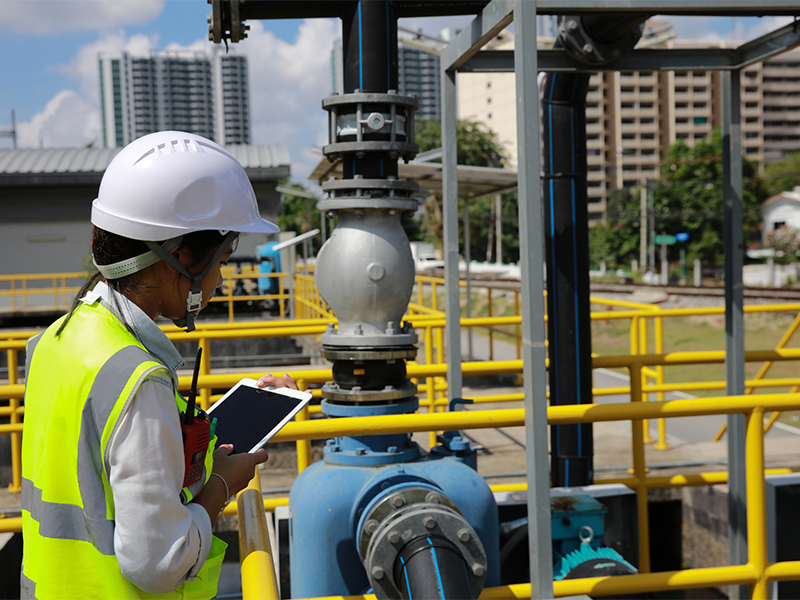
How to Drive Innovation and Compliance in Wastewater Treatment Today
Are You Ready To Modernize Your Wastewater Treatment Plant?
Upgrade your wastewater treatment processes to streamline polymer dosing and drive higher water quality standards with the AI-driven solution from ProcessMiner. More effective, efficient, and sustainable wastewater treatment is just a click away.
ProcessMiner Wastewater Treatment FAQs
How is wastewater treated with ProcessMiner?
ProcessMiner uses AI, machine learning, and the sensors in your plant to optimize polymer dosing in the wastewater treatment process. It accomplishes this by autonomously monitoring the quality of your water to determine the right polymer dose to create a drier sludge cake. With the right polymer dose, you can reduce the amount of energy used in the wastewater treatment process, save costs by optimizing your use of polymers, and lower the costs of transporting your sludge cake. Read our blog on polymer dosing in wastewater treatment to learn more.
How does ProcessMiner handle variations in water characteristics?
ProcessMiner AI technology is designed to handle variations in water quality with ease. Its advanced machine learning models adjust in real time, ensuring the right polymer dosing. As you continue to use our system, it further improves, reducing polymer and moisture content in your sludge cake. Learn more about the benefits of this adaptability in our blog.
What IT/OT systems is ProcessMiner compatible with?
ProcessMiner seamlessly integrates into your existing IT and OT systems. Our specialists work closely with you to understand your unique plant needs and tailor ProcessMiner to work best with your systems. Learn more about how our platform works here.
How long does it take to deploy ProcessMiner?
ProcessMiner can be deployed in eight weeks or less. Implementation is determined by your plant’s unique needs and level of customization.
Which types of wastewater treatment facilities are best suited for ProcessMiner's AI technology?
ProcessMiner can be deployed at industrial wastewater treatment plants, municipal wastewater treatment facilities, or any industry tasked with wastewater treatment, such as the pulp and paper industry.
